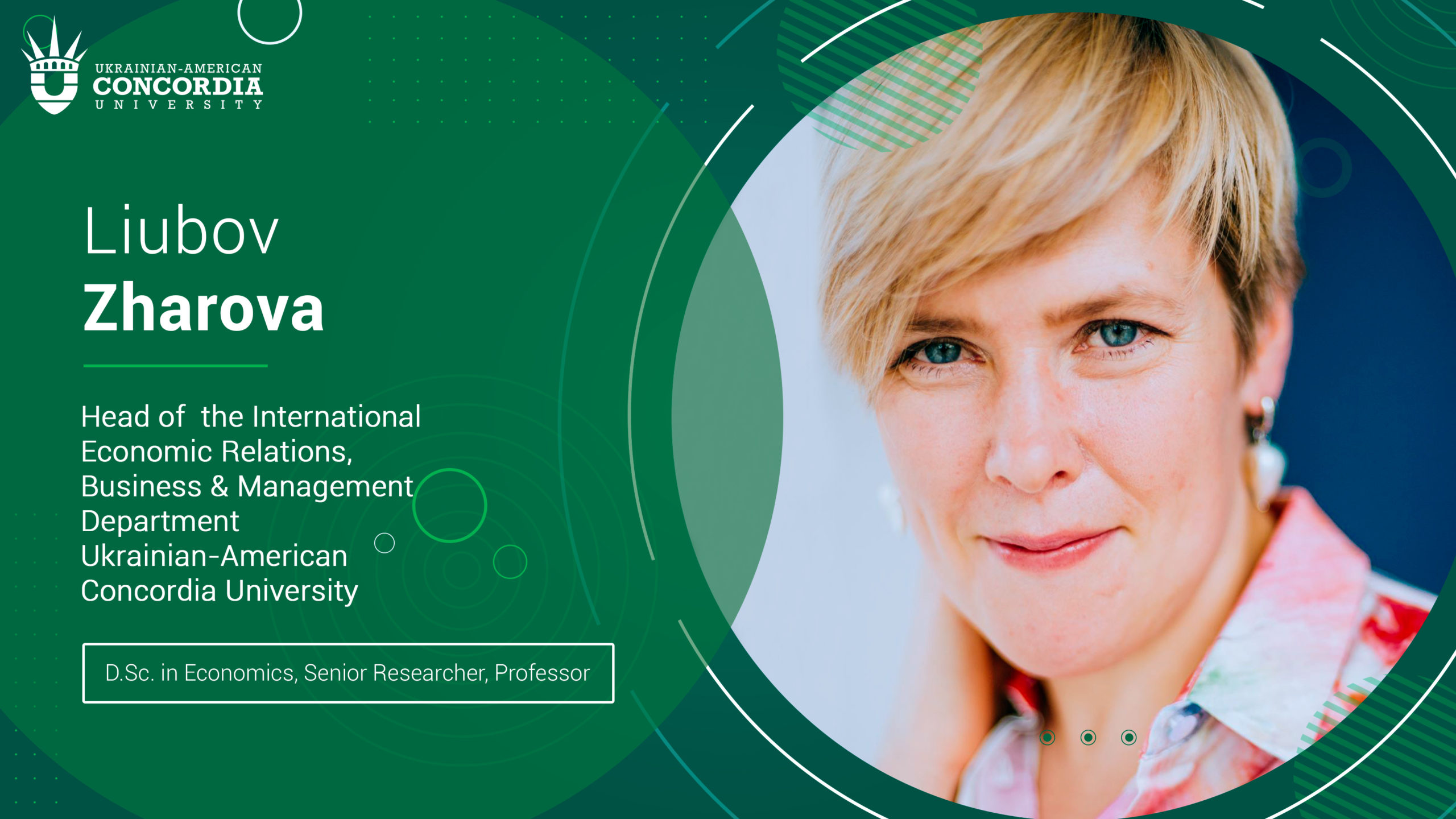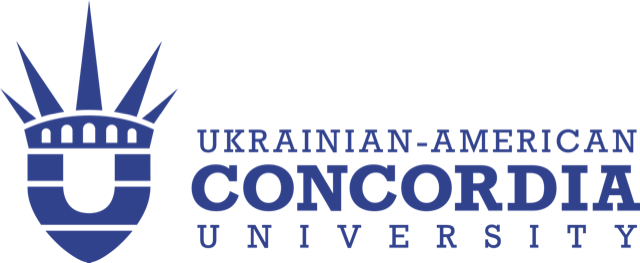Liubov Zharova, Ph.D., Professor, Head of the International Economic Relations, Business and Management Department, NAQA international expert:
Coursework is an integral part of the educational process, which is aimed at stimulating research, forming problem-solving skills, experience in researching a given topic, and working with diverse literature and information sources. It is important to remember that this is creative and independent work that allows you to use your own experience and knowledge.
What should you pay attention to so that the project’s writing does not become torture?
No matter how obvious and plain it sounds, it is worth reading the guidlines to know what is expected, what format, scope, style, and other critical technical moments are. This will allow you to avoid wasting time and effort on reworking the work in the future.
When choosing a topic, you should focus on what is interesting and not what is apparently easy to do because the coursework is a creative task. You can choose a topic related to personal experience, a field of interest, or something you always wanted to learn more about. It is worth not to delay selecting a topic – the number of topics exceeds the number of students several times, but it is not unlimited. There is an opportunity to propose your topic, which the department and supervisor usually support the initiatives.
An important step is to create a work plan (future work content) – this will allow you to specify the task and narrow down the search for materials. The approximate structure of works given in the guidelines has a recommendatory nature, and it is not a plan that should be copypasted into the text. If necessary, the content can be adjusted during the research in accordance with the available information, consultations with the supervisor, etc.
It is worth remembering that the coursework is based on the study and systematization of scientific work in the chosen area, which determines the resources for searching and the style of presentation. You can not quote word by word each of the researchers you have found – it is better to make your own interpretation of their results with reference to the authors. This, in particular, allows you to avoid plagiarism and increase the quality of work; afterward, it will simplify the formulation of the conclusions. In the search for information, you should avoid textbooks, the purpose of which is not the analysis of scientific work but the systematization and presentation of information on a certain topic. It is also necessary to pay attention to the date of publication: when conducting a retrospective analysis, you should refer to past years (depending on the topic, it can be from 10 or more); when researching the latest trends, you should check publications from the last 3-5 years. It is important not to forget to make references to all sources, and it is easier to make them correctly at once (and for this, you should read the guidelines at the very beginning).
Kindly reminder, that the term paper is an independent study, which consists of the study and systematization of the work of others, but not a collection of copypasting quotes from different researchers. Also, a request for AI does not give a good result because artificial intelligence often has an incorrect attitude toward references and the use of other people’s ideas, as well as because when it does not know the answer, it makes things up. And one more important detail – you need to understand the topic and ask questions correctly to get good results when using AI.
From the obvious, but not something that we always remember – it takes time to check the text, so if the deadline is tomorrow, the supervisor will not be able to check and give his feedback, and you – to improve the research, especially if the work is sent at 8 p.m., and better – 11 p.m. You should not think that if you start the correspondence from the beginning every time, and do not continue the initial branch of correspondence, then this immediately resets the previous comments and erases them from the participants’ memory.
A course is not a simple project, but it can become an interesting and valuable experience and practice in formulating one’s own judgments and presentation.

